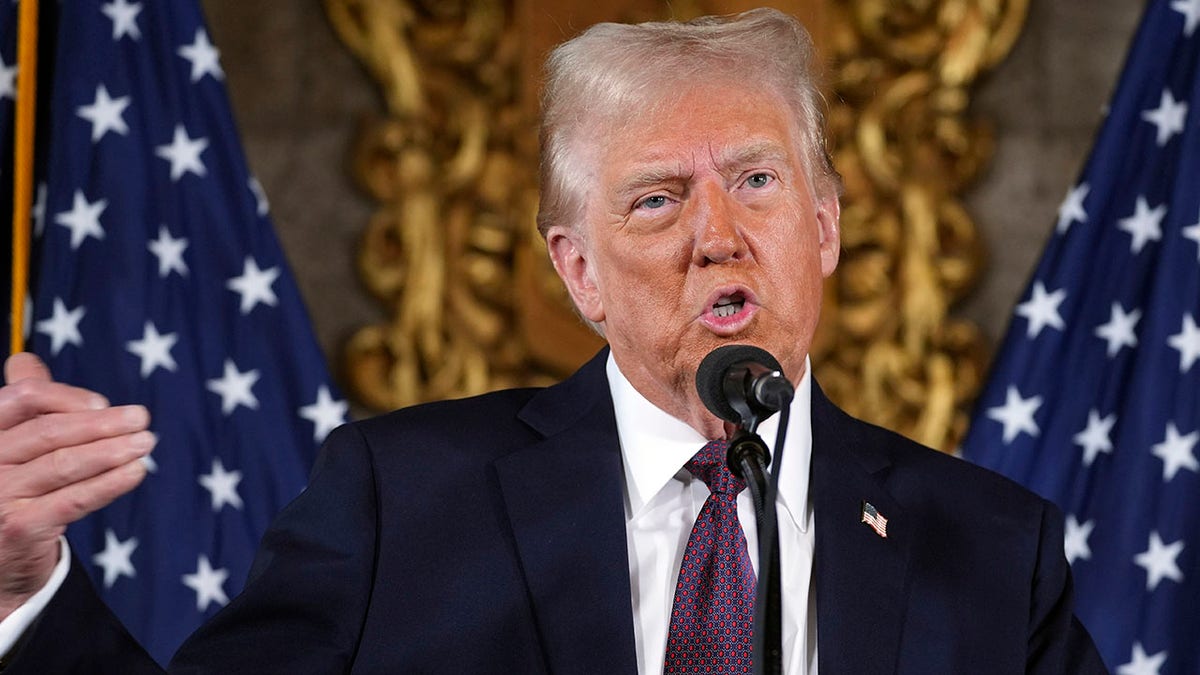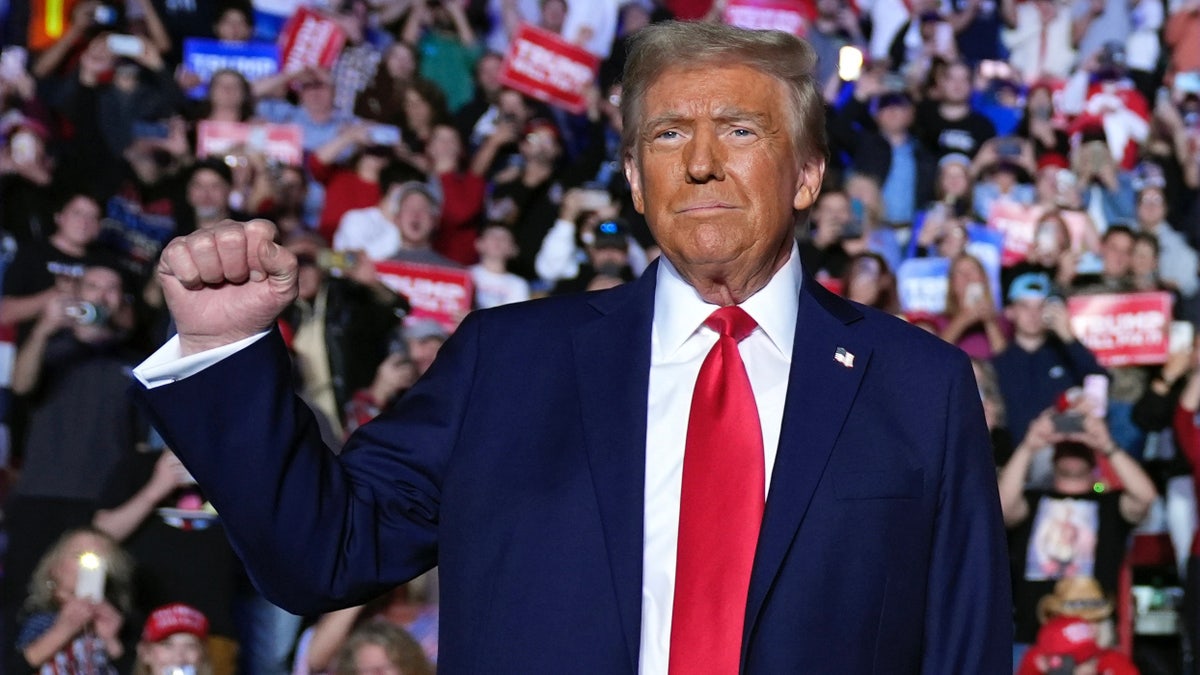Former President Trump's return to the White House marks a pivotal moment for America's energy landscape. The nation faces surging energy demands driven by rapidly evolving technologies like artificial intelligence and quantum computing, demands projected to escalate significantly in the coming years. The previous administration's focus on transitioning to less reliable energy sources like wind and solar has left the United States vulnerable. Trump recognizes the crucial link between energy security, technological advancement, and national security, a focus underscored by the establishment of the National Energy Council.
The energy consumption of AI data centers alone is poised for dramatic growth in the next decade. Each technological leap, whether in AI or quantum computing, brings corresponding increases in energy needs. Globally, countries like China are investing heavily in data centers and energy infrastructure to support these advancements, while U.S. energy policy under the previous administration hampered domestic energy production.
Trump's past support for reliable nuclear power offers a hopeful outlook for the future of U.S. energy policy. His first term demonstrated his commitment to this vital energy source and his ability to achieve results with an America-first approach. Early in his first term, Trump launched an initiative to revitalize the nuclear energy sector, recognizing its potential for clean, renewable, and emissions-free energy production. In 2019, his administration finalized substantial loan guarantees for the construction of the Vogtle nuclear power plant in Georgia, the first new nuclear plant construction in the U.S. in decades, a significant investment in future technological innovation.

That same year, President Trump established the United States Nuclear Fuel Working Group, acknowledging the national security implications of nuclear power production. This led to the proposal of a Uranium Reserve Program within the Department of Energy to safeguard America's energy future. Trump also countered China's efforts to dominate the global nuclear and AI markets, restricting nuclear exports to China and encouraging allies to opt for American nuclear technology.

Contrary to the narrative pushed by some, relying solely on solar and wind power for future technologies is impractical. These sources are unreliable and insufficient to meet America’s energy demands. Trump has already laid the groundwork for protecting and expanding nuclear capacity, offering a viable path to power advancements in AI, quantum computing, and other technologies with reliable, around-the-clock energy. This dual approach – preserving the existing nuclear fleet and expanding capacity through new or revived plants – is crucial. Expanding nuclear technology bolsters national security and prevents the U.S. from falling behind China and Russia technologically. Trump has reaffirmed his commitment to nuclear energy, recognizing its potential to fuel American innovation and maintain a competitive edge against China's growing infrastructure.








